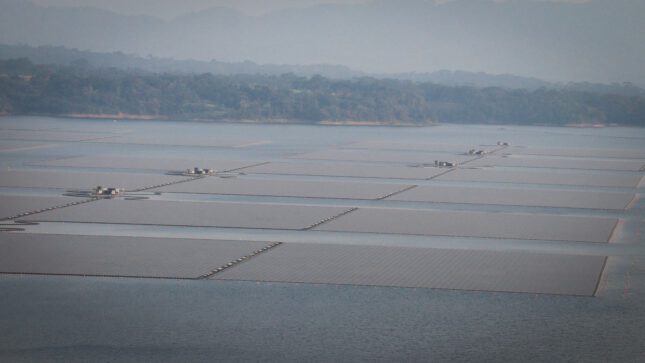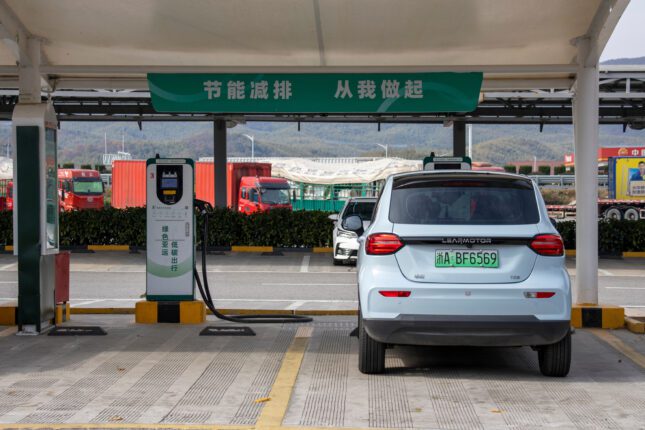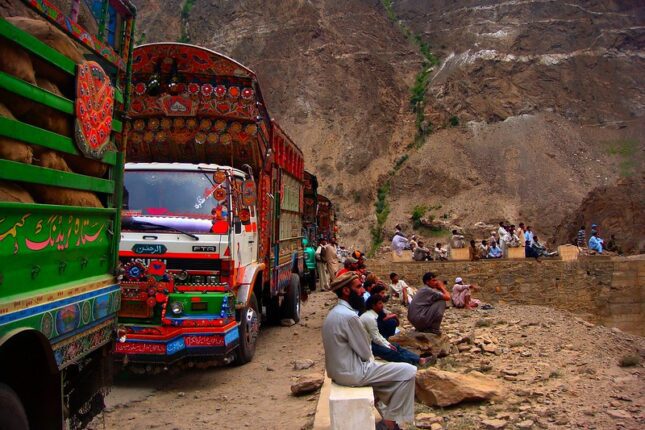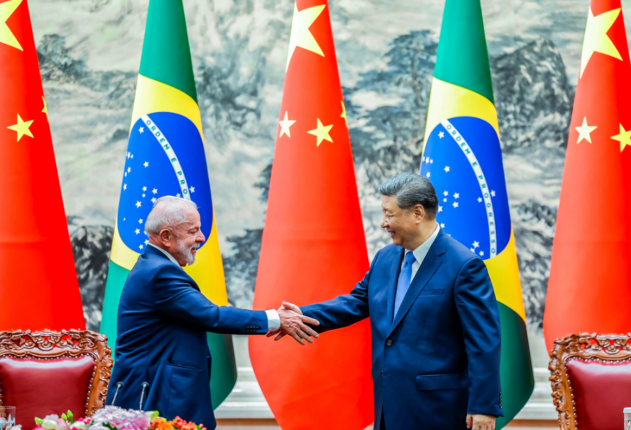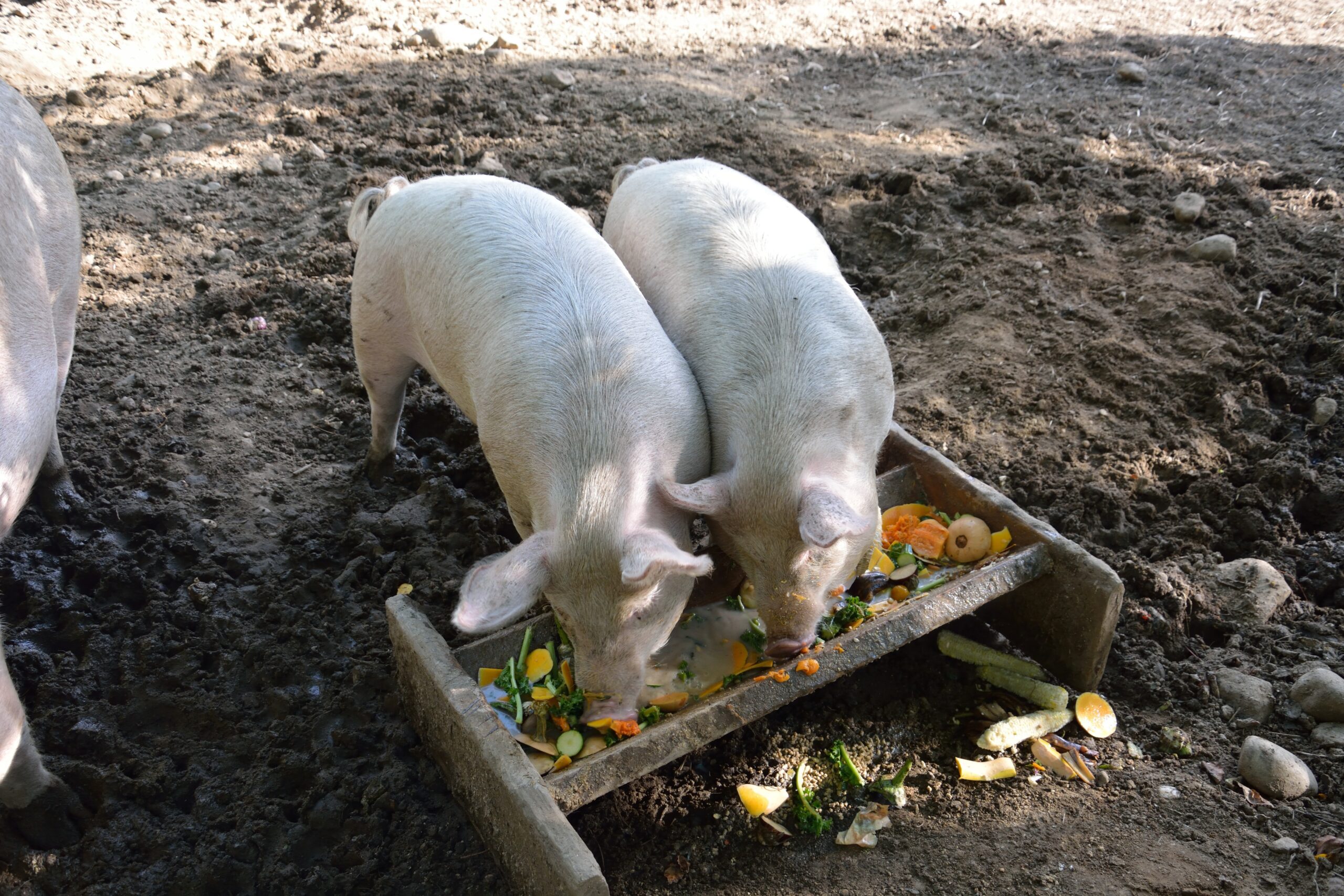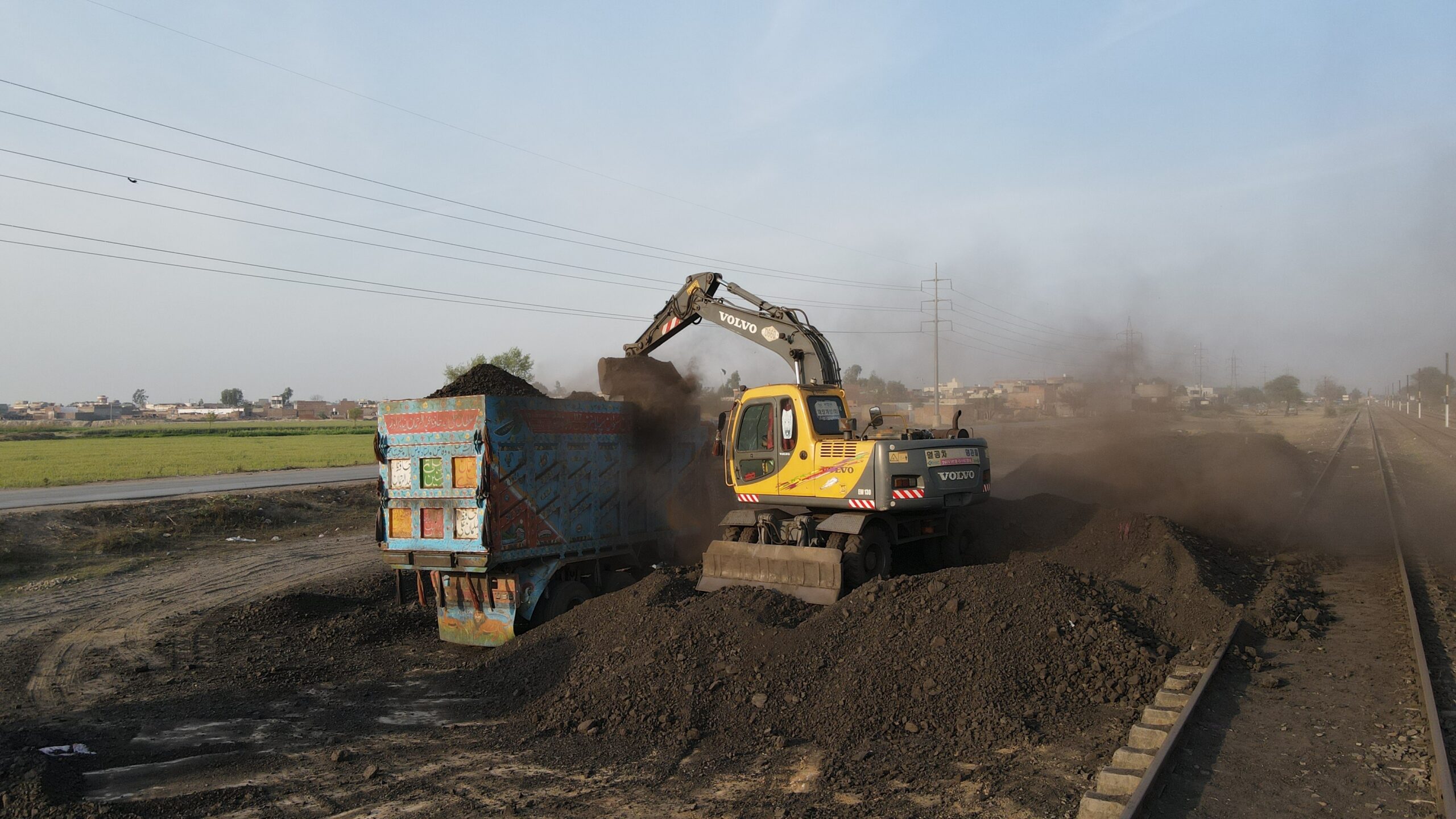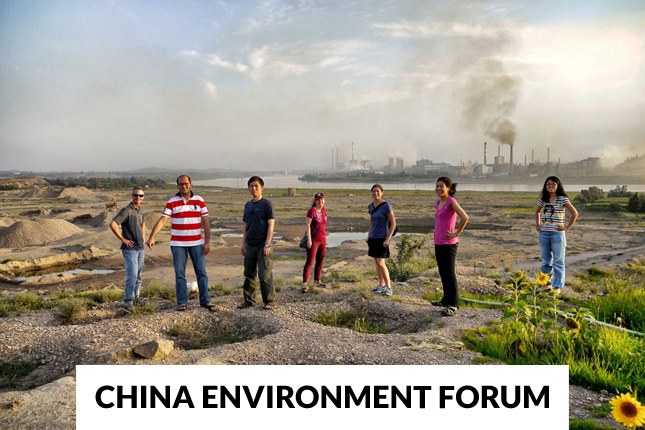
The China Environment Forum is New Security Beat’s platform for convening policy, business, research, and NGO practitioners on the most pressing environment and energy issues facing China.
Our posts on New Security Beat explore the environmental footprint of China’s domestic and overseas investments, U.S. and China climate action and clean energy competition, and how China and Southeast Asia can close the loop on plastic waste.
-
Chinese Electric Cars Are Leaving American Automakers in the Dust
›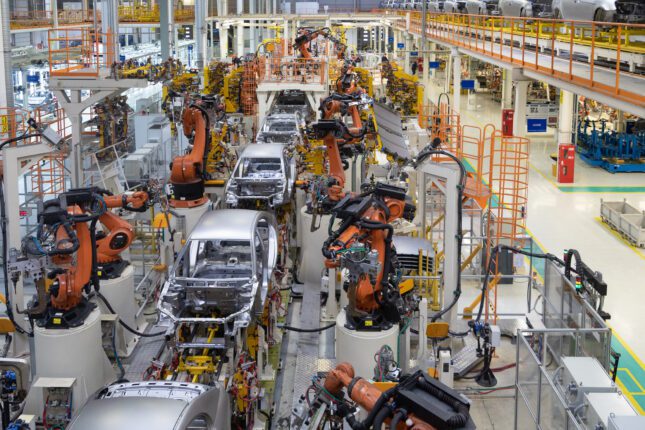
Ford’s CEO was so impressed by the Xiaomi SU7 that he now uses it as his daily driver. The Chinese-made electric vehicle (EV) has a 345 mile driving range on a single charge and costs just $30,000. There is nothing like it in the U.S.
-
China Taps Indonesia’s Solar Potential
›
In late 2023, Indonesia’s then President Joko Widodo presided over the launch of the country’s first floating solar power plant on the Cirata reservoir in West Java. Widodo touted how at 192MW it was “the largest floating solar plant in Southeast Asia.” He added the solar plant could eventually reach 500MW, generating enough electricity to power over 100,000 households in Indonesia. This floating powerhouse, made up of 300,000+ Chinese-built PV panels stretching 250 hectares on the water, has become the poster child for Indonesia’s commitment to going solar.
-
In the Blindspot: Security and Chinese EV Exports to the Global South
›The most persuasive argument for global EV adoption is the positive impact that these vehicles have for the environment. A scientific consensus has emerged around the benefits of electric vehicles and their zero tailpipe emissions, ranging from local air quality improvement to increased energy efficiency.
-
China’s Belt and Road in Pakistan: What CPEC Leaves Behind
›Launched in 2013, China’s Belt and Road Initiative (BRI) has drawn wide global attention, with scholars and policymakers examining its geopolitical and economic implications. Much less explored, however, are the subnational impacts of BRI in participating countries. The China Pakistan Economic Corridor (CPEC), adopted as Pakistan’s flagship BRI project in 2015, offers a case in point.
-
The Cost of Ceding the Field to China on Climate Change
›
Summer is often a time for grim climate milestones, as ever-more intense heatwaves scorch large swathes of the planet. But this year, the bad news arrived earlier than usual when the United States refrained from sending representatives to the UN-sponsored climate talks in Bonn, Germany, for the first time in the talks’ 30-year history. The intercessional talks are in some ways more important ever than the more widely reported on climate COPs because they are where many especially tricky issues are negotiated. The Trump Administration’s unilateral withdrawal from international negotiations is bad news for the climate. But it is even worse news for US national security. Climate diplomacy is a big part of soft power and influence, and Washington is rapidly losing out to Beijing.
-
Tapping an Innovative Climate Solution: Upscaling Food Waste to Animal Feed in Japan and China
›The numbers are staggering. A third of the food produced in the world is lost or wasted—from farms and food processing factories to grocery stores, restaurants, and homes. This growing mountain of rotting food is a major methane emitter, accounting for 8 to 10 percent of global greenhouse gas emissions. If food waste were a country, it would be the third largest greenhouse gas emitter, with the United States and China as leading food wasters.
-
Taking the Slow Lane to Green Transition in the China-Pakistan Economic Corridor
›China and the Global Energy Transition // China Environment Forum // Guest Contributor // July 24, 2025 // By Hong ZhangPakistan’s summer sun is relentless, but its golden rays may hold a promising clean energy solution.
During my visit to that country last summer, an energy sector expert I met expressed amazement that Pakistan had imported 13 gigawatts of solar modules from China in the first six months of 2024. Media reports celebrated how even remote villages were adopting rooftop solar systems. International observers lauded Pakistan’s “stunning solar boom.”
-
Damming the River by Feeling the Stones: China’s Mekong Hydropower Strategy
›For decades, China has been the dominant force in hydropower development across the Mekong subregion, financing, and constructing massive dam projects that have transformed Southeast Asia’s economic and environmental landscape. Many analysts have framed this expansion as a meticulously orchestrated strategy to extend Beijing’s economic and geopolitical influence. But this narrative obscures a more complex reality—one in which China’s dam-building in the Mekong has been shaped by trial and error, reactive policy shifts driven by external shocks, local resistance, and intensifying geopolitical competition.


